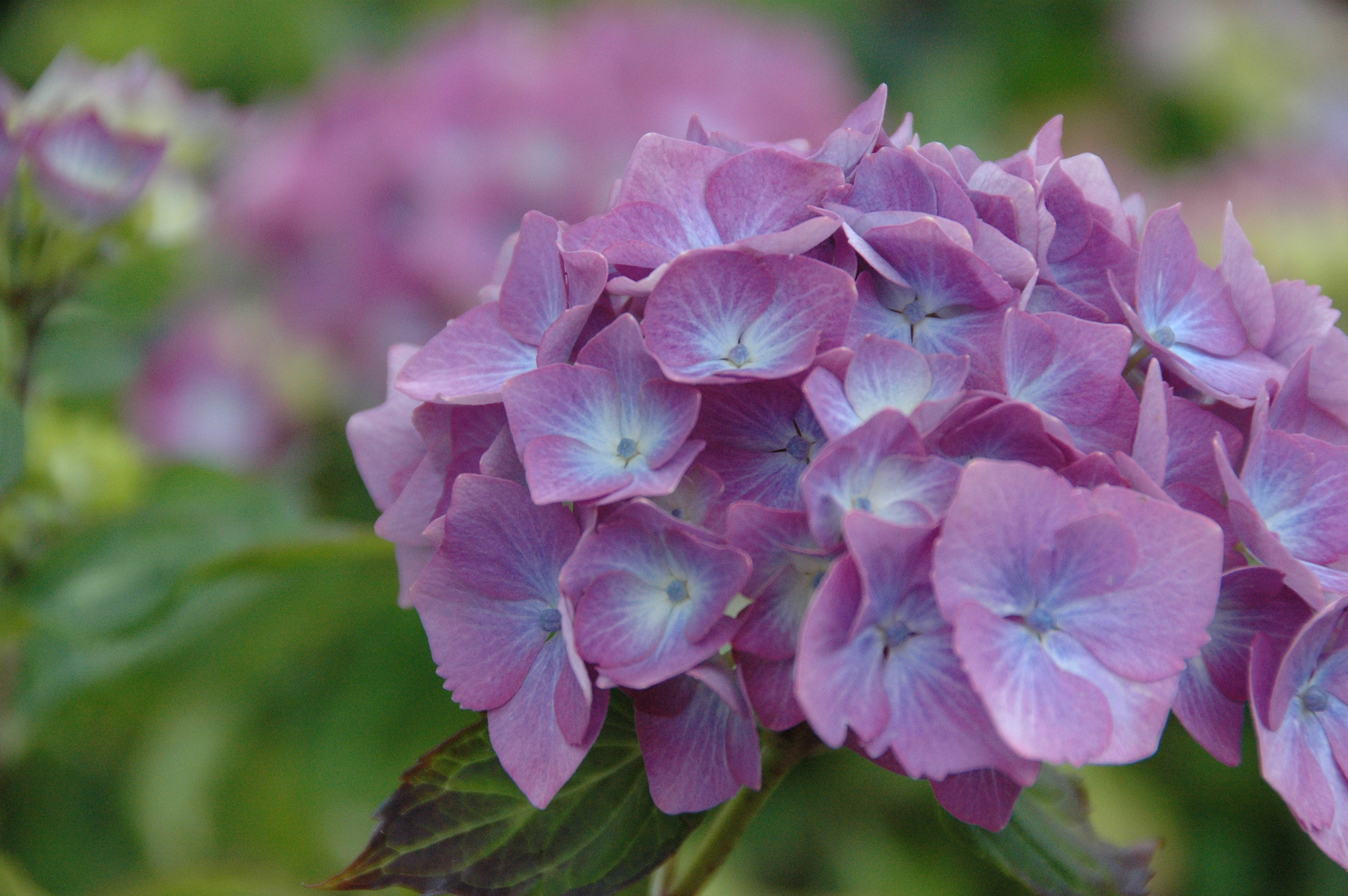What Do You Write?
Yesterday, I had a great meeting with kc dyer, SiWC webmaster Dale McGladdery, and a guy we’ll call “Chris” who will be bringing us a fabulous Saturday Night Owl event at SiWC. (Hmmm…. Could that be a clue? Those of you playing along with our mystery on the SiWC blog might think so, but I’m not saying either way.)
Anyway, in separate conversations, both men asked me what I write. I answered, as I usually do, “Women’s fiction.” Both were utterly confused, if the blank looks on their faces were any indication. One asked me if that was a euphemism for chick lit. It isn’t. My last MS could most accurately be called chick lit, if half a dozen people wouldn’t immediately leap in to point out that “chick lit is dead”. But ignoring that, sure, the last book qualifies for what people think of when they hear the term. But I also have a couple of partially-written romances tucked away, and the book I’m working on now, the one that leads me to use the slightly vague “women’s fiction” is… a book. It’s fiction. There’s a romance in it. Two, actually. Maybe even three or four, if you count existing marriages and a possible date for a minor character. But it’s not a romance in the traditional sense.
What it is is fiction written by a woman for a primarily female audience. And so I call it women’s fiction, and that’s how I’d pitch it in a query letter. Except that the men who’ve read bits of it for me have loved it, too. Clear as mud? This book would probably go on the fiction shelf at my local bookstore, the same shelf as every other book that doesn’t clearly fit into a defined genre like mystery, romance, or fantasy. There’s a huge variety of types of books on the fiction shelf.
So I got thinking about the existence of the term. You almost never hear someone talk about “men’s fiction” even though there are lots of types of books that appeal more to men than women, generally speaking. So why women’s fiction? I know what I mean when I say it. I know who my intended audience is. They’re fans of other women who write fiction about women and mostly for women. So I guess women’s fiction really is as good a term as any, even if it makes men go blank when I mention it.
Before I could get too wrapped up in definitions and labels, as interesting as the topic is to me, I came across something local blogger Steffani Cameron said awhile ago: “For all of history, arts and passion are born because of what makes our hearts swell and break. Wars and uprisings and cultural revolutions wage because of matters of the heart.” That reminded me of a keynote speech agent Donald Maass gave a few years ago at SiWC, in which he talked about firing up our writing by tapping in to our passions. With characteristic straightforwardness, he asked the audience, “What makes you hard? What makes you wet?” and then told us to put it in our books. Good advice, no?
So how about I forget about the label for the moment? There’ll be time enough to define that when I’m ready to pitch this thing. In the meantime, Don’s and Steff’s words have reminded me to write with passion, whatever it is I’m writing.
I love people, the way they think, the way their lives unfold, how they interact and how they love, why they get into the situations they get into and what they do next. I love happy endings and exploring the bumps and detours along the way and wandering down the ‘what if’ paths of human relationships. That’s what I write. I’ll be hiding out in my word processing program this afternoon if you need me.



I very much like the idea of writing without labels. As you say, time enough to figure out what it IS after you’re done with it. If you try too soon, the label becomes a cage.
And, yeah, I’d call Don’s bit of advice pretty straightforward. Spot on, too.
I’ve been thinking about our conversation, too!
Even after our conversation the term “women’s fiction” is strange to me. Although it’s true some story types and genres appeal more to one gender than other, the term seems so unnecessarily exclusionary.
However, when you say: “I love people, the way they think, the way their lives unfold, how they interact and how they love, why they get into the situations they get into and what they do next. I love happy endings and exploring the bumps and detours along the way and wandering down the ‘what if’ paths of human relationships. That’s what I write.”,
I think: I’d give that story a try!